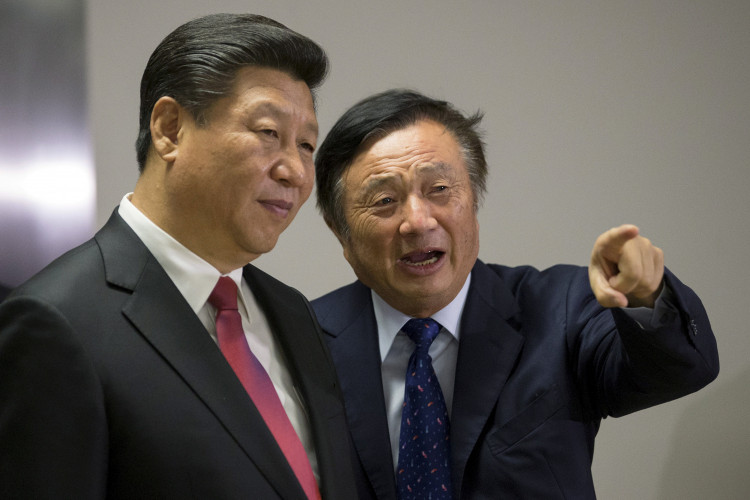"Made in China 2025" is reportedly moving forward and experts believe China's technological advancements should be the United States' focus when trade talks resume next week.
The U.S. Chamber of Commerce and the American Chamber of Commerce in China revealed that China is pushing through with the grand "Made in China 2025" project. Both organizations have submitted the joint report to the Office of the U.S. Trade Representative.
According to the South China Morning Post, the organizations noted that there are around 100 policies that "either set targets, create rules, or provide normative guidance" that all point to "Made in China 2025." The policies are said to be spread across 24 cities and provinces in the country.
The report further revealed that regional governments have been working to produce their own local innovation plans. The plans are believed to be directed to China's advanced technology ambitions in the next five years.
"Made in China 2025" is a plan officially supported by Chinese President Xi Jinping. The proposal states that the government will support the foundation of various innovative industries including artificial intelligence (AI), robotics, semiconductors, and more.
After the report was revealed to the public, analysts expressed concern over the United States' lack of technological ties with China. They recommend that the U.S. prioritize technology once negotiations on trade resume next week.
While trade should still be the number one agenda for next week's meetings, the report also mentioned that the U.S. delegation should not fail to mention potential challenges that they will face in terms of innovations and infrastructures.
Some Chinese officials have shown signs of the reduced report for "Made in China 2025," China Economic Review reported. However, some analysts have shown support for the initiative, noting that it will boost the country's industrial capacity and has the potential to pull the global market up with it.
China and the U.S. are expected to resume trade talks in the coming week amid a slowing global economy that the World Bank predicted earlier this year.
The trade talks were initiated after Xi and U.S. President Donald Trump failed to reach a deal during their December meeting. Trump has threatened to raise tariffs by 25 percent on around $250 billion Chinese products if a deal is not settled by March.
The first meeting between the Chinese and U.S. officials also did not materialize but most financial and political experts have positive expectations of the upcoming round of talks.
March 1 marks the end of the tariff truce agreed upon by Xi and Trump.






